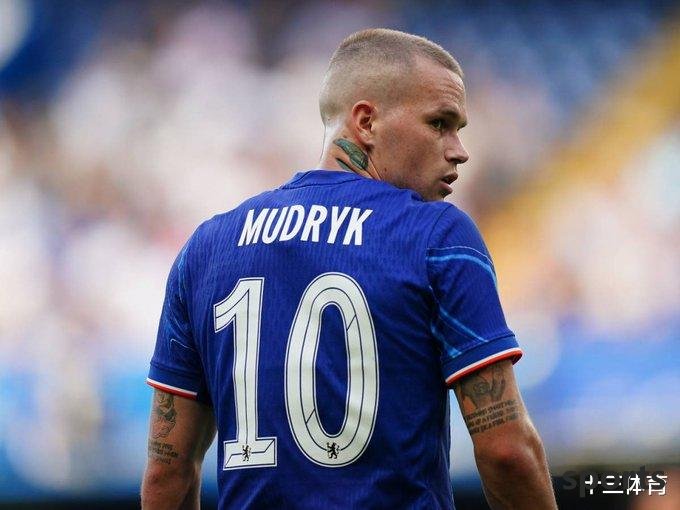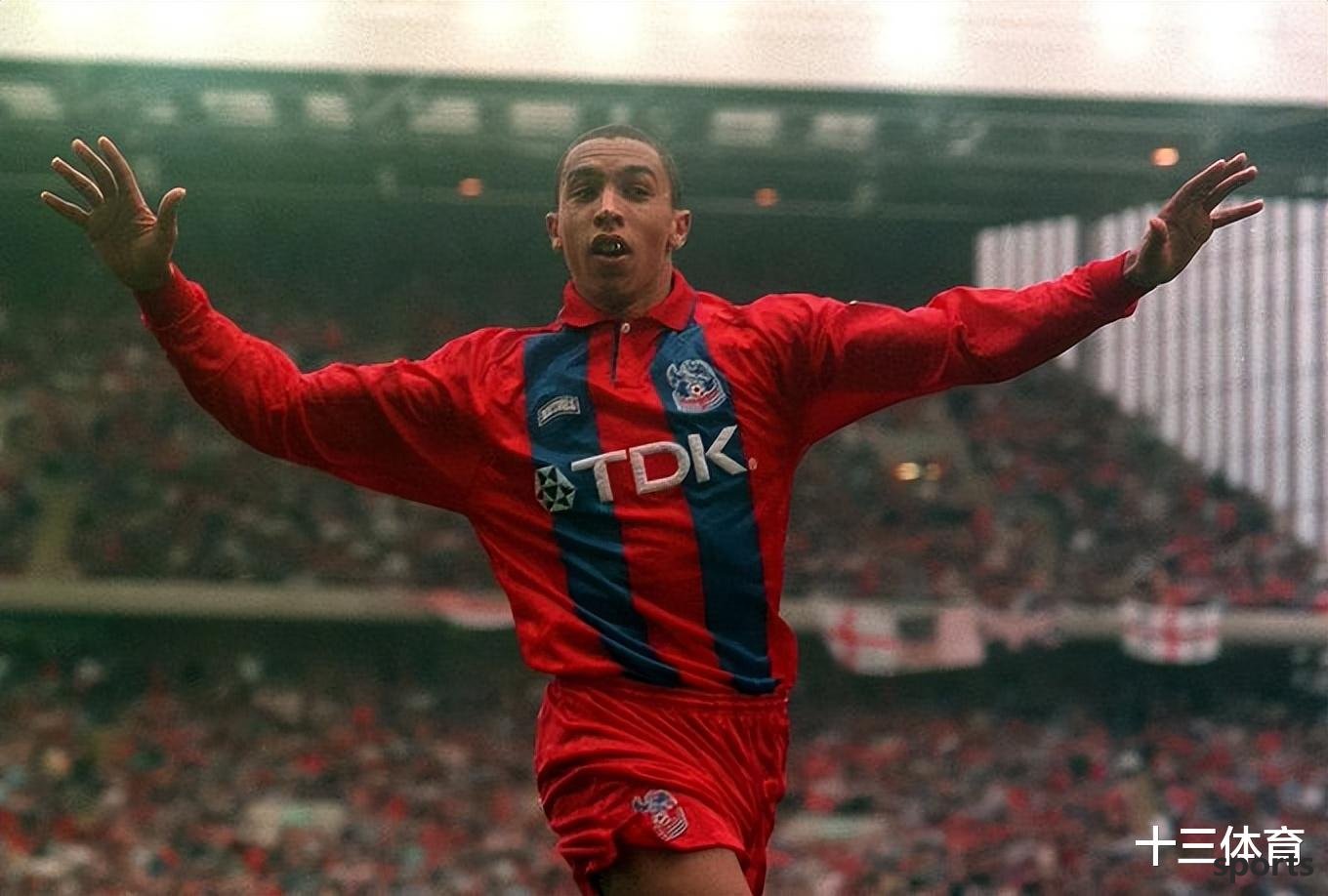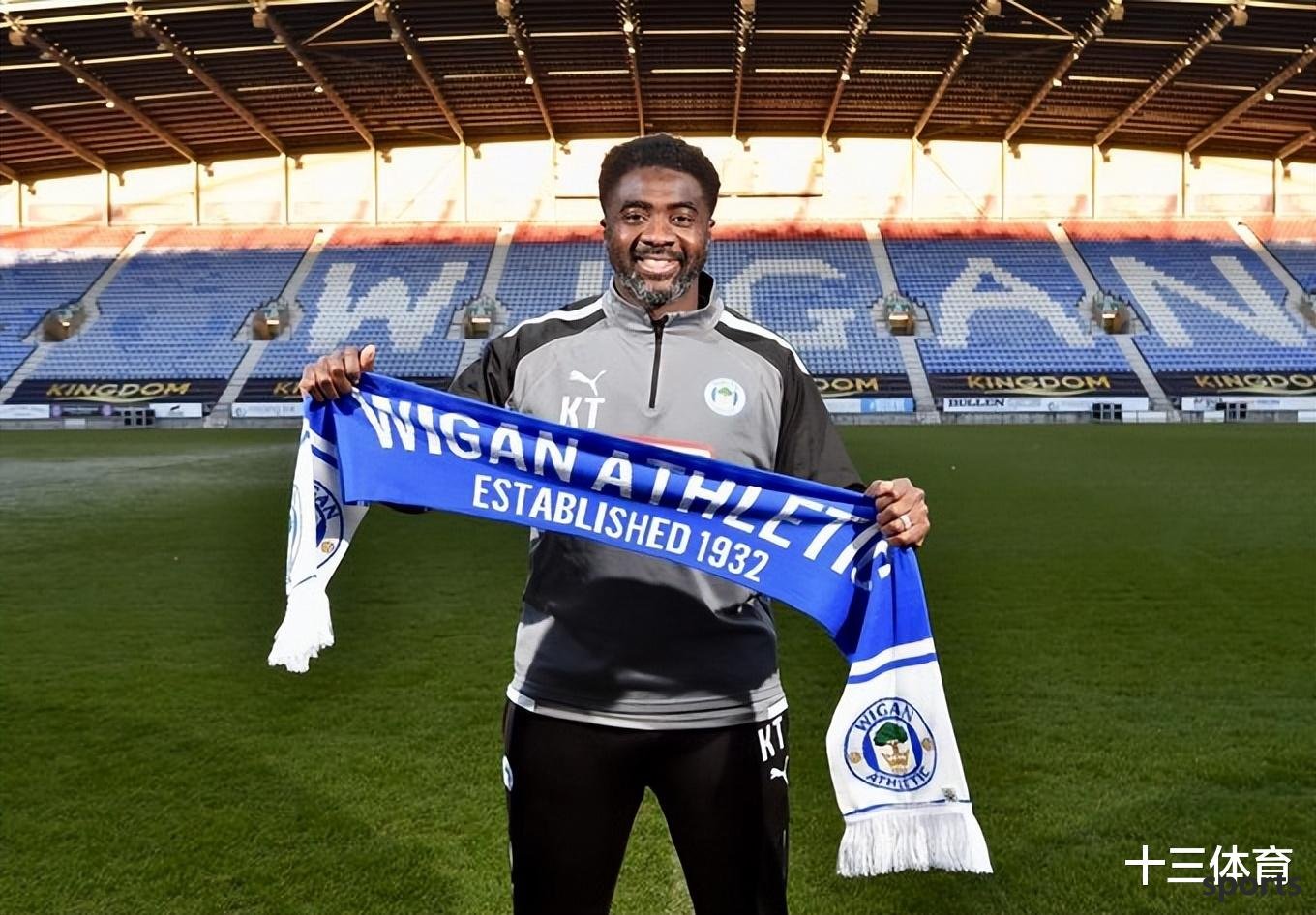Premier League banned drug archives: Who crossed that "red line" from Armstrong to Muderick?
Chelsea winger Mihailo Muderick is facing charges of the FA for violating the anti-doping regulations and may face a four-year ban. This Ukrainian player is not the first Premier League player to be suspended for drug testing, but if the final penalty is established, his suspension will be far more than any of the cases seen by English football in recent years. Planetfootball sorted out eight players who were banned by the FA for drug testing violations: Chris Armstrong Armstrong is the first player in Premier League history to fail the drug testing. The Crystal Palace striker was found to contain a big MA in March 1995 and was suspended for four games. However, he recovered quickly from this relatively minor violation and joined Tottenham Hotspur that summer to become a replacement for Klinsmann. He made 173 appearances for Tottenham and scored 62 goals. However, after retiring, Armstrong's life is still entangled with the DU product problem. In 2016, he was arrested for possessing the Big MA, kekayin and yaotu pills. Five years later, he attacked employees and caused property damage in a Tesco supermarket, and then received treatment for quitting DU and quitting alcohol. Mark Bosnitch The Australian goalkeeper was terminated by Chelsea for violating the FA's doping rules and was fined a nine-month ban. Bosnich still insists that he was "drug" when he went out and did not take the initiative to contact DU products before the end of his football career. However, after leaving Stamford Bridge, he developed a serious dependence on kekayin and repeatedly spoke frankly about his experience of fighting DU addiction. He recalled that John Terry, who was only 21, tried to persuade him to stay away from that dangerous circle: "The uncontrollable storm I experienced in London actually laid the groundwork as early as JT (Terry) himself dealing with that group of people," he said in an interview with the Daily Telegraph. "I was surrounded by a group of dangerous people. JT once clearly warned me in front of the team in front of the team to stay away from those people." "I was a little shocked at the time, thinking that I could do everything, and replied to him, 'Thank you for your advice, but I will judge for myself'. Looking back now, I really should have listened to him. If I had listened to it, I might not have been in such trouble. All of this ended up ruining my career." Leo Ferdinand In order to avoid legal disputes, it must be clear that Ferdinand did not test positive for drug. He was charged with misconduct by the FA for missing a drug test and was fined an eight-month ban. The incident occurred in September 2003, when he was originally scheduled to be tested at Manchester United's Carrington Training Base, but missed the time for lunch. This penalty made him miss most of the 2003-04 season and missed him to represent England in the 2004 European Cup. In addition, he was fined £50,000. "A man came to the training base for a drug test. I forgot about it and went out for dinner," he recalled in the program "Stripped with Specs & Vuj". "I realized that I had missed the test when I saw the news on my phone, so I said I would be back now, but they had left, and everything started to get out of control from there." "The reason I later combed my braids was for drug tests. After being banned, I had to do hair tests to prove that I was not taking any substances, and that kind of test requires two inches of hair, which can be traced back to one or even eighteen months." in 2013 In his autobiography in 2018, Sir Ferguson wrote: "My anger has not dissipated to this day." This is not the first time that Chelsea has been involved in the DU product suspension. Romanian striker Mutu is one of the first high-priced players introduced after Abramovich took over Chelsea. He scored 10 goals in his debut season but had a tense relationship with Mourinho and was almost completely abandoned by the 2004-05 season. In September 2004, he was suspended for testing positive for cocaine and was later terminated by the club. The matter sparked a legal dispute over several years, and Mutu was eventually ruled to breach the contract and was required to pay Chelsea a £15.2 million in damages. Despite the trough, Mutu regrouped after returning to Italy, maintaining a goal efficiency of 0.5 goals per game during his time at Fiorentina. Nathan Black The Welsh international has been playing in the first two divisions of England at clubs such as Bolton, Blackburn and Wolves, but his career has ended with banned drugs. In August 2005, Black was suspended for a recreational drug violation for six months. He was already a free agent at the time and had just been abandoned by Leicester City. After the suspension, he briefly joined the lower-level Newport County, but announced his retirement after only a few games. Abel Shaville Although Armstrong is the first Premier League player to test positive, former Liverpool and Everton right-back Shaville is the first player to be suspended for taking performance-enhancing drugs. The Portuguese international was found to have used steroid methyl testosterone (commonly known as Dianabol) after a September 2005 match against Skoda Ksansi (UEFA Cup) during his time at Middlesbrough. He was initially suspended for 18 months but was reduced to 12 months after appeal. He returned to the arena in the 2006-07 season, but this suspension period made him miss the UEFA Cup final journey to Mibao. Pardy Kenny In the summer of 2009, Kenny went on vacation after losing to Burnley in the playoffs, and during which he took a cough medicine containing the stimulant ephedrine and was sentenced to positive. "The media said I was taking DU, and people still asked me if I was having fun with drugs," he said in an interview. "But I was just negligent and not cheating. The court also found that I had no intention of taking it, but was still banned for negligence." He was eventually banned for nine months. Fortunately, the Sheffield United Club supported him and did not sweep him out. Kolo Toure In March 2011, Manchester City defender Toure was suspended for six months because he failed the drug test after taking his wife's weight loss water pills. This made him miss Manchester City's game against Stoke City in the FA Cup final that year. The club also fined him six weeks' salary. Tuele said in an interview with the BBC: "This experience is really hard. I have always cared about my weight and now I weigh it almost every day. I have been like this since my career." "At that time, my weight was fluctuating, and adding two or three kilograms could affect my condition, so I found a way to drain. After taking that medicine, I didn't know there were any banned ingredients in it. I was shocked when I learned that the drug test failed."



- Recent Posts
-
- Italy Sky: Marlotta and Atlant
- A night of sorrow and joy in f
- Activate Liu Ruofan and let hi
- Dorcena: Maresca belongs to Mo
- McAllister s father: Transfer
- Rui Costa responded to Villas-
- Dan Tarner, former chairman of
- One-day Serie A trend: Milan i
- All: Juventus and Naples pay a
- The Italian men s football tea
- Hot Posts
-
- The passionate collision betwe
- 7 players scored more than 12
- 66-year-old An Shuai’s birthda
- Lautaro: My grandmother is not
- Portuguese media: Yorke s seri
- Spanish media: Real Madrid has
- Manchester United 60 million+
- Dima: Pioli is not on Rome s l
- Falk: Manchester City is learn
- Biba Feiyi s contract renewal
- Dortmund challenge Real Madrid
- Fighting life and death! Inter
- A night of football carnival!
- For Simeone, the most embarras
- Arsenal is so arrogant, is it
- Martinez reveals two favorites
- Big Martin s eyes are filled w
- Real Madrid bid farewell to th
- Padou: Don t go to the Crystal
- Today s main recommendation: B
- search
-
- Links
-
